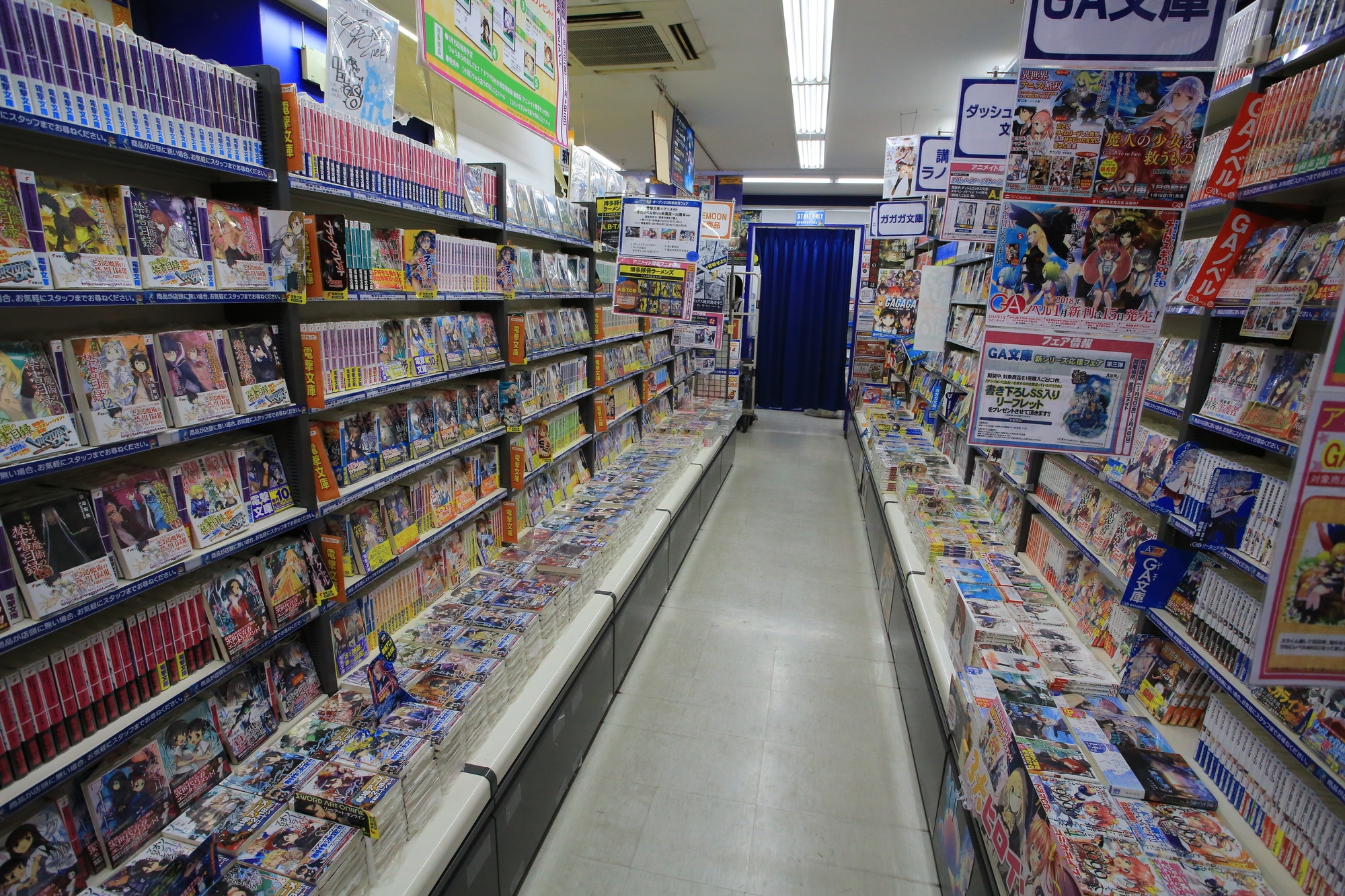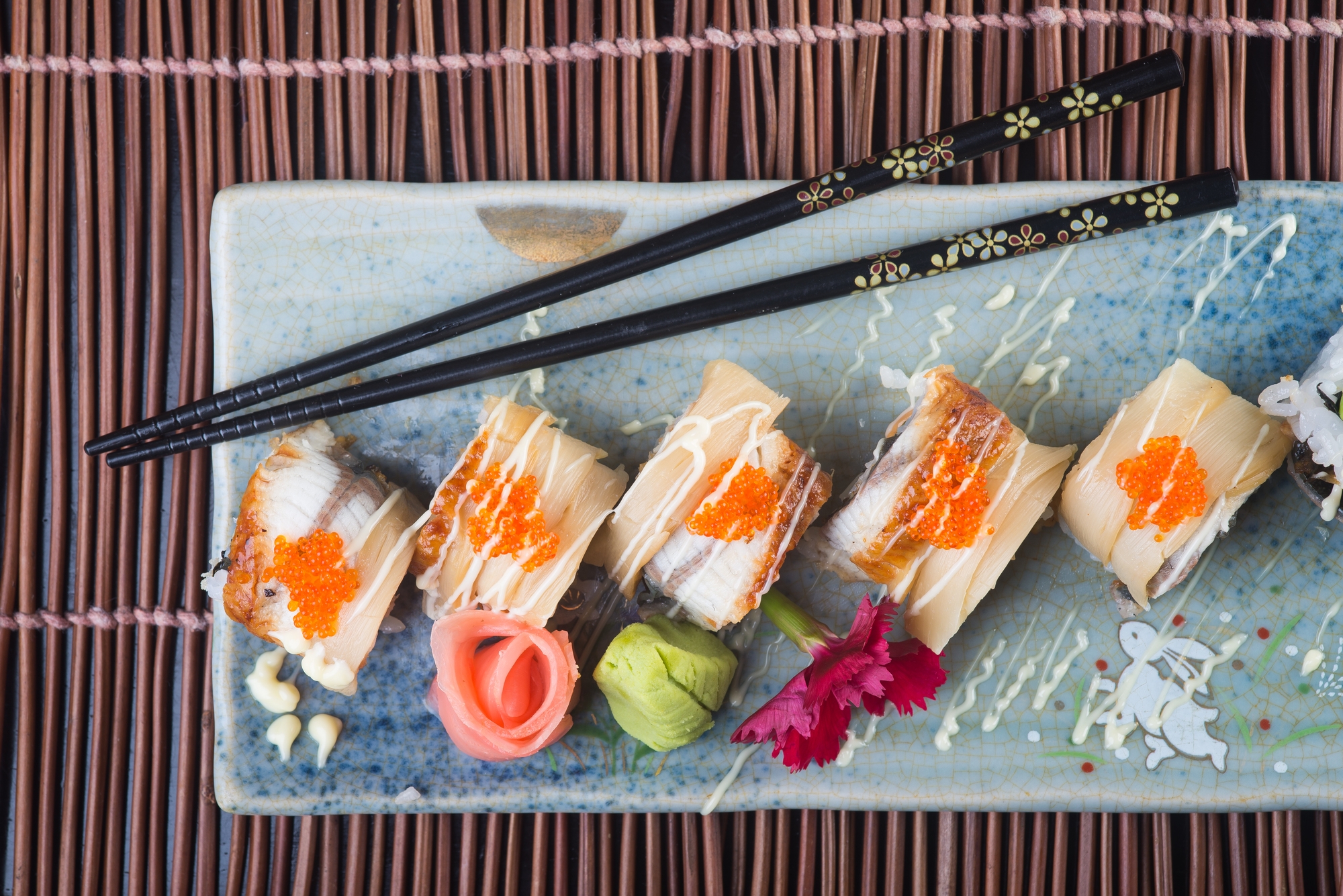POLICY
Engaging with Japanese soft power… from Europe
July 26, 2022
In the last year or so, I have increasingly started working on and with Japan. As an EU foreign policy analyst by profession, I specialise in EU-India relations and in Public Diplomacy. It is through these professional lenses that I have been mostly experiencing Japan, thus far.
As a Public Diplomacy professional, I am a keen observer of how countries implement their soft power, traditionally defined as ‘the ability to alter the behavior of others to get what you want (… by) attracting and co-opting them’. While soft power has a great variety of variations, the most common tools tend to be culture, people-to-people interaction and public diplomacy. However, the results generated can be vastly different.
While I have not (yet) performed a comparative analysis of Japanese soft power, let me share a couple of observations that stem from my experience as a Public Diplomacy expert and having worked for, analysed or been exposed to Public Diplomacy undertaken by the United States, Italy, the EU, India, Israel and China over the last 15 years.
As a Public Diplomacy professional, I am a keen observer of how countries implement their soft power, traditionally defined as ‘the ability to alter the behavior of others to get what you want (… by) attracting and co-opting them’. While soft power has a great variety of variations, the most common tools tend to be culture, people-to-people interaction and public diplomacy. However, the results generated can be vastly different.
While I have not (yet) performed a comparative analysis of Japanese soft power, let me share a couple of observations that stem from my experience as a Public Diplomacy expert and having worked for, analysed or been exposed to Public Diplomacy undertaken by the United States, Italy, the EU, India, Israel and China over the last 15 years.
Soft power is often carried out by promoting a certain vision, or trademarks, of the country. For example, in the Indian case, it is yoga, while for Italy it is food, the la dolce vita lifestyle and ‘Made in Italy’, synonymous with luxury. Sometimes, when soft power isn’t that effective, the resulting trademark becomes negatively associated, for example in the case of ‘Made in China’ – often perceived as something being low quality and mass produced.

In the global imagination, when you think about Japan, you think about punctuality, reliability, and organisation, but also advanced technology, neon lights, Studio Ghibli, manga, anime, karaoke, green tea flavoured KitKats, video games and, of course, sushi!


